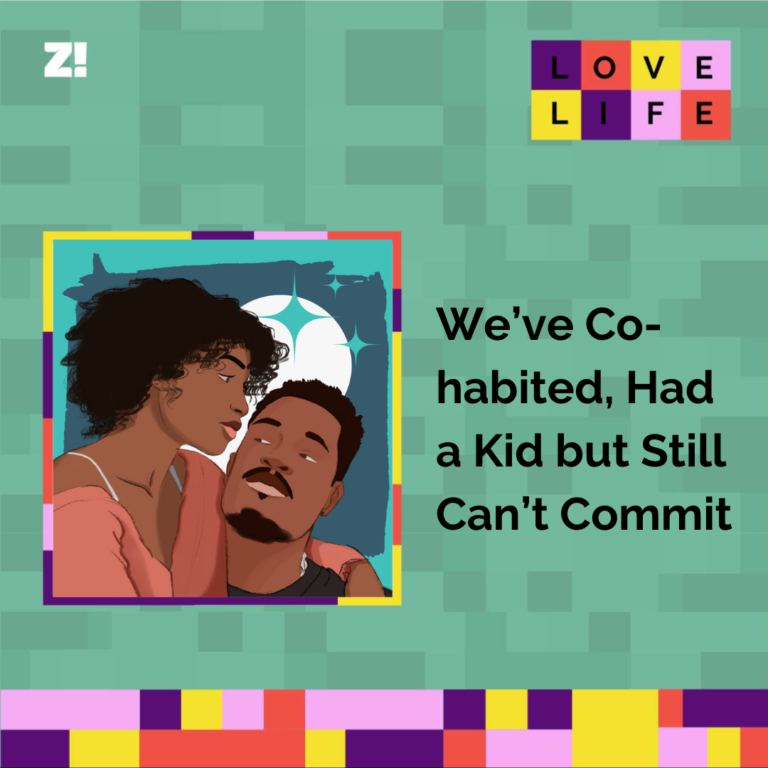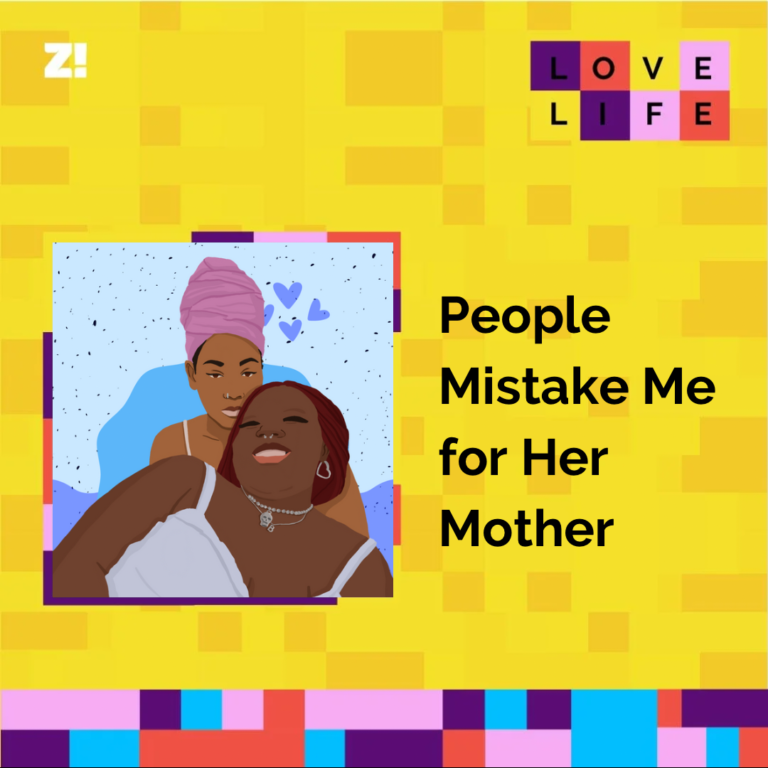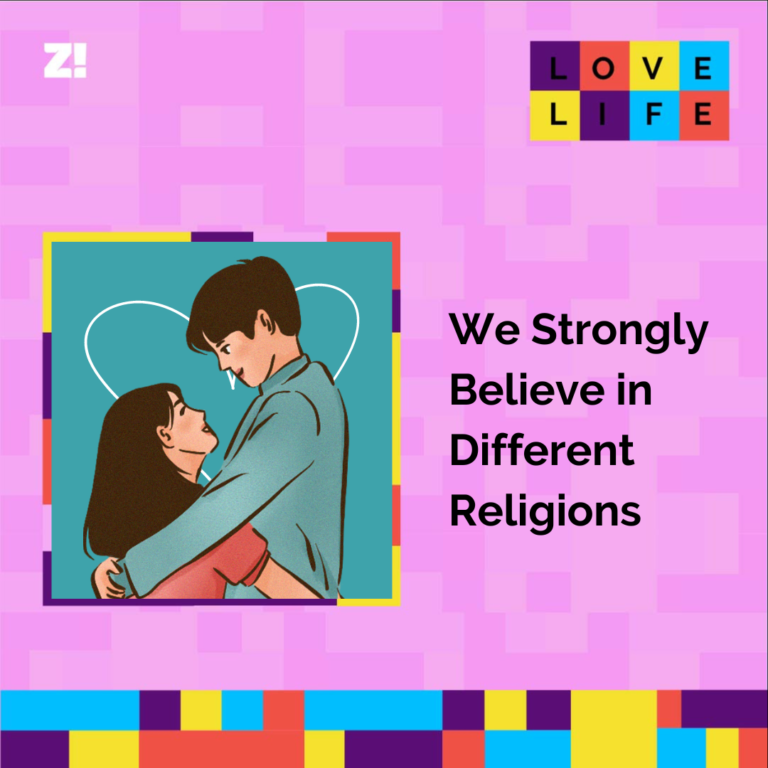Navigating life as a woman in the world today is interesting. From Nigeria to Timbuktu, it’ll amaze you how similar all our experiences are. Every Wednesday, women the world over will share their experiences on everything from sex to politics right here.
What’s your earliest memory of regretting a decision?
Deciding not to go with my mum on a “trip” when I was seven. She never came back. Living with my dad and his next wife wasn’t great. I often felt neglected.
Did you ever see your mother again?
No, I didn’t.
The story is that she relocated to somewhere in Europe — most of my people say Greece — and was never heard from again. I’ve thought about her every day since then, but I don’t know why I never tried to look for her. Of course, for most of my youth, it was hard to communicate with people who weren’t in direct contact. There were no cell phones or social media.
Now, she’d be over 80 or dead. But I’ve always longed for that maternal love and wondered why she left or if she ever regretted leaving me.
What was life like growing up without her?
It was a blur. I don’t remember much of it, just that I never felt loved.
I was the first and only child of my parents. My father went on to have five children with my stepmother, so they and their needs always came first. And being much older than them, I often had to take care of them like a nanny would, only I never got paid for my work. I cooked for them and cleaned up after them for much of my childhood.
Going to secondary school at age 12 came as a relief because I was sent to a boarding school in Benin City, which was some distance from Warri, where my family lived.
RELATED: What She Said: Growing Up around Juju Made Me a Stronger Christian
Do you ever wonder why they sent you far away?
Not really. All my cousins went to the same school, so I was happy my father did the same for me. FGGC Benin City was one of the best unity schools in the South back in the day. We used to compete with Queens College.
My time there was my first real experience of being happy. I had such a great time connecting with other girls there, and because my cousins were seniors, I was always treated well. I also spent most holidays with a family friend who lived in Benin.
When it became time for university was when all that joy crashed for a while.
What happened?
I clashed with my father over what course to study.
He wanted me to be an accountant like him, but I’d loved making art and sculptures while in boarding school. I wanted to go study creative arts at the then Bendel State University. But he claimed he couldn’t afford it and wanted me to go to the College of Education in Abraka since I wanted to study art. The school was like a Government Teachers’ Training College, so I immediately knew he had no intention of letting me study what I wanted.
That’s how I didn’t end up going to school until three years later after. This was when the school in Abraka became part of Bendel State University.
What did you do in the meantime?
I was 18, and my father just let me be, as long as he didn’t have to give me money. I stayed with my family friend in Benin for some time before returning to Warri to take a secretarial course in 1980. That was where I met and fell in love with a handsome young man, one of the part-time trainers. We were married within a year, with my father’s full blessings.
I’m guessing that delayed your return to school further?
Partly, but once all the fanfare of the wedding was over, my husband was the driving force behind my return. I was just 19, but even though he was much older than me, he was also quite young at 27. So we decided we wouldn’t rush into having children and instead focus on my education and him properly establishing his fishery business. My father had given him some capital to expand it at some point.
How did school go?
I started university in 1982 when I was just about to turn 21. I ended up studying art education and history, which wasn’t bad. But that shifted my focus from making art to teaching it. At the time, I didn’t notice my focus was shifting, but seeing how two of my secondary school peers have made great strides with their art, I regret not staying my course.
I’m sure many can relate to that
I also didn’t have a great time studying in Abraka. Students there were much different than the ones I was used to in Warri and Benin; they weren’t nearly as studious and always made fun of me for being uptight. I could never really fit in, especially since I didn’t live on campus. Right after my graduation in 1985, I got pregnant and decided to keep it, so I shared the news with my husband.
Sounds like there were past pregnancies you decided not to keep?
Yes. I’d been pregnant twice before, but I didn’t want to derail my education further. My husband still doesn’t know about them.
So abortions were a thing in the 80s?
Of course, but they’ve never been done in the open. I went to a clinic on both occasions, but everything was very hush-hush.
But I don’t think abortions should be encouraged because I still feel guilty about the ones I had. I feel selfish that I chose myself; I didn’t want to be “inconvenienced”. But the truth is, if I went back in time, I’d still make that decision.
Actually, I just wouldn’t have married so early.
If you’d like to be my next subject on #WhatSheSaid, click here to tell me why
Why not?
It wasn’t strange to marry at 18-22 in those days, but in hindsight, I’m glad that trend is less commonplace today. The reason is I felt ill-equipped for the responsibilities of being a wife for the longest time, and I’m sure many of my peers who married as teenagers felt the same. Taking care of the house and the needs of another adult can take a toll on a woman’s sense of self. I never had time for myself outside school and homemaking in those early years — no leisure activities, no hobbies, few friends who reduced in number as the years passed.
Did it ever get better?
Well, after I got my education degree, I was pregnant, and all of a sudden, my husband was talking about relocating to Germany.
He’d gotten an opportunity to study for a master’s there, and he was allowed to bring his family with him. I taught art in a state secondary school for seven months before we moved in 1986. I had my son two months later. I didn’t even do NYSC.
Raising him in a completely new environment like that was hell. Especially when my husband moved to England alone the next year, right after he’d gotten his master’s.
Ah. But why?
For better work opportunities. But this time, he couldn’t move with his family because he left without getting a concrete job first. He just used his Schengen visa to travel. I don’t know how he did it, but long story short, he was gone for the next 30 years.
Ahh. And you couldn’t join him at any point?
Neither of us ever got a good enough job, so we just didn’t have the resources for us (me and our son) to join him. I gave birth in Germany, so our son was a citizen and had a kinderreisepass, which came with privileges that were only valid in Germany and some other European countries at that time.
Even though this also made him an EU citizen with rights in the UK pre-Brexit, my husband was convinced it wouldn’t make much difference as Europeans were often harassed for being immigrants too. For some reason, it took him ten years to get a permanent residency in the UK. I later heard that it shouldn’t have taken him more than five years.
And what was life like without him for 30 years?
I always say I never got to experience married life because we went from me being busy with school, to relocating and readjusting to a new continent where he was mostly working or in classes, to living apart. So I didn’t feel like I missed much, only it would’ve helped to be supported in raising a child.
My son’s toddler years were particularly hellish for me. My husband sent money for rent when he could, but I still had to work as a shop attendant for three years to augment and pay for food and heating. Later, I started babysitting for most of the African mums in my area who could afford the extra expense, and that helped a lot.
Communication with my husband was few and far between, so I very much felt like a single mum. It was cold and lonely.
What happened after he finally got his permanent residency?
We started planning to join him. But soon, the conversation shifted to “We can’t uproot David* [our son] now. It’ll affect his education and psychology.” At the time, I agreed. Our boy was just becoming a teenager and had really immersed himself in the local community. It felt cruel to uproot him at that time.
So the plan became to wait till it was time for him to go to college, which was an entire seven to eight years in the future.
Wow
During that time, my husband visited at least once a year and stayed for two to four weeks, usually in the summer. But he never really re-integrated into our family unit. Our son still treats him like an uncle.
In 2002, our son was done with secondary school, but I was no longer interested in moving to the UK. He also wasn’t in a hurry to go to college, so he took a gap year before entering Zurich. From there, he built a life for himself and moved on.
I’m actually happy because he’s now living my dream of making art. He has a home gallery for his glass mosaic pieces and an agency that represents him in Europe. I couldn’t be more proud.
What about you?
Much of my adult life was spent being a professional nanny and babysitter just to pay for the basics and save for my son’s college funds. Between 1990 and 2000, I took several courses and got certificates that allowed me to run the business formally. I absolutely didn’t want to rely on whatever plan his father may or may not have had.
After my son left and found his own way, I went to college myself and got an MA in education. My husband and I have been estranged since at least 2009. I’ve been working in academia since the MA, and I’m currently on my way to getting a professorship.
That sounds amazing
My life doesn’t look to be ending badly, but I’d kill to start over.
I’d study art and be a visual artist. I’d marry at a more mature age. I’d marry someone I can have proper conversations about the trajectory of our family and be part of the decision-making process. I’d have at least four children, and hopefully, raise them in a healthier environment.
Maybe then, I wouldn’t feel so alone and like I’ve wasted my life?
Or maybe, I’d even go with my mother when she asked, but who knows how that would’ve ended.
For more stories like this, check out our #WhatSheSaid and for more women-like content, click here
RECOMMENDED: What She Said: I Never Knew My Father, but He Gave Me the Best Life




